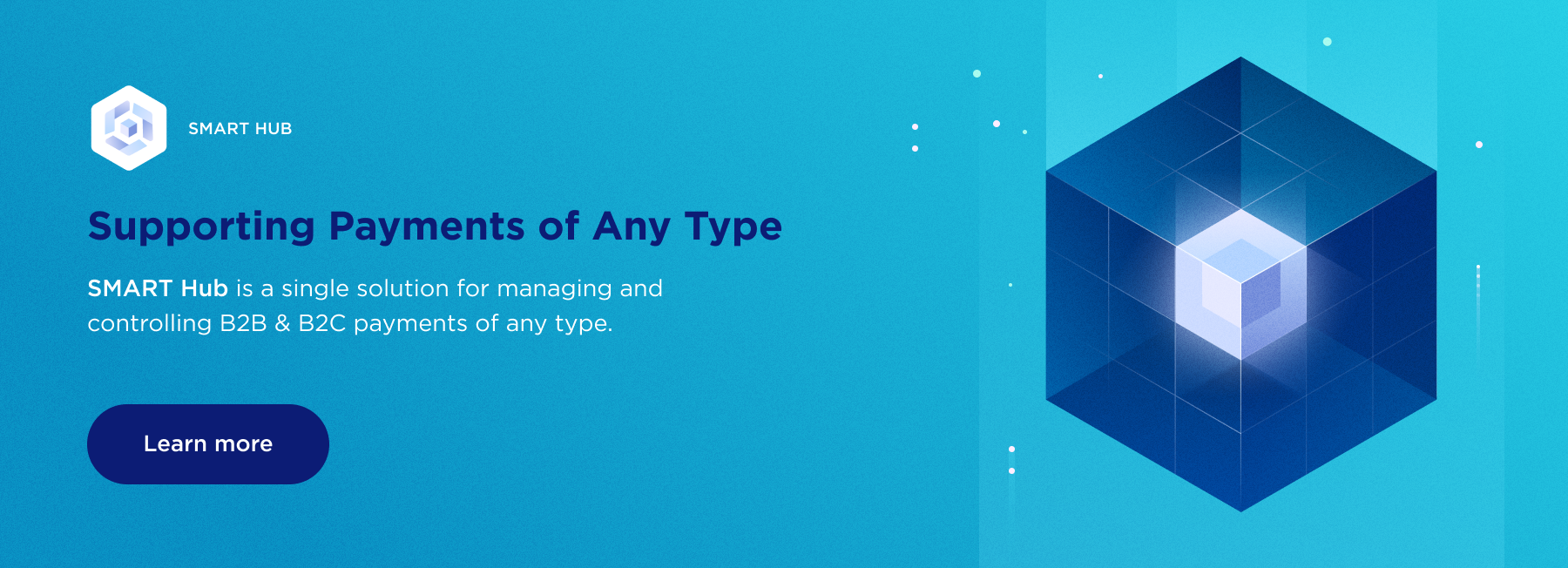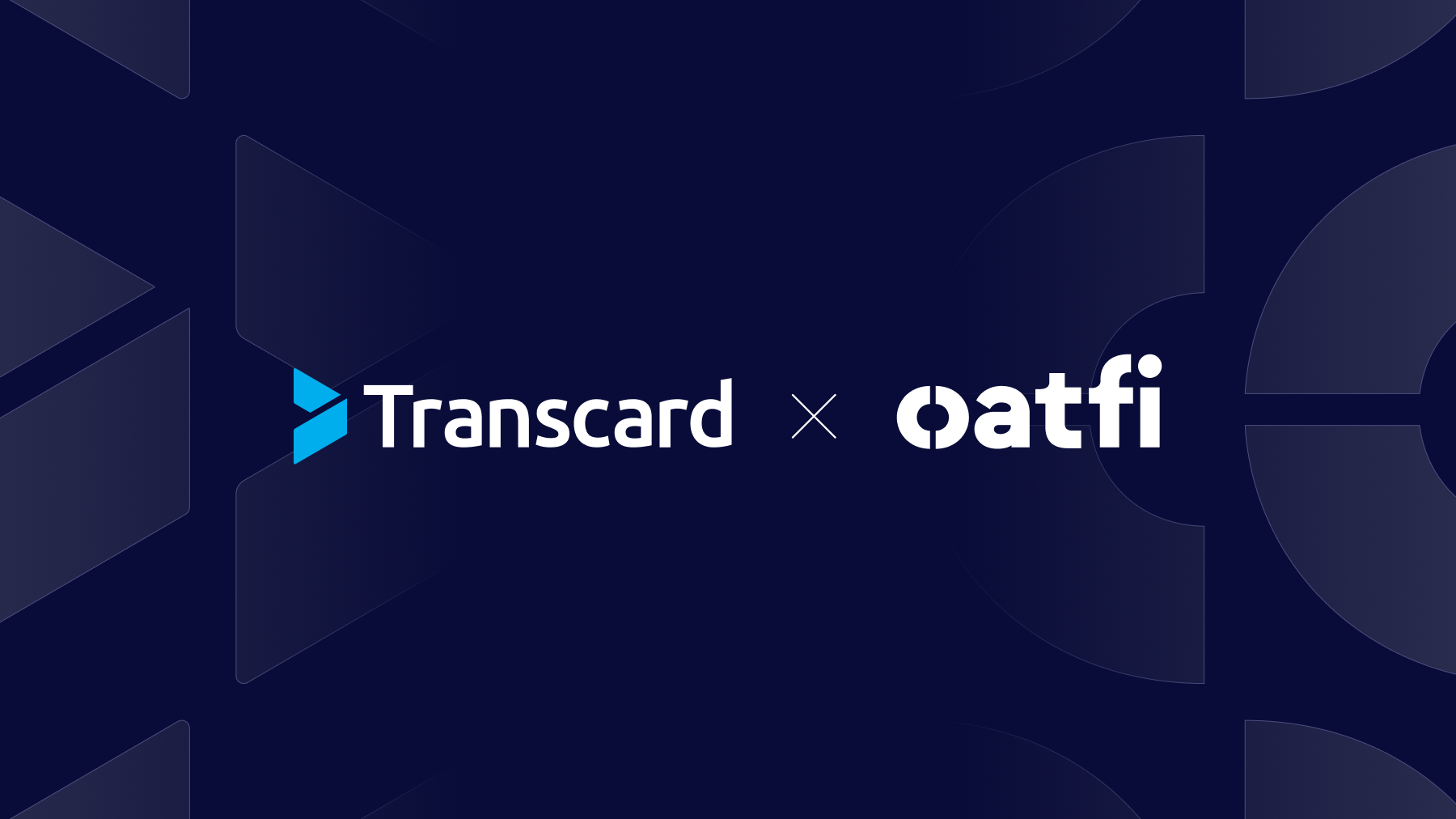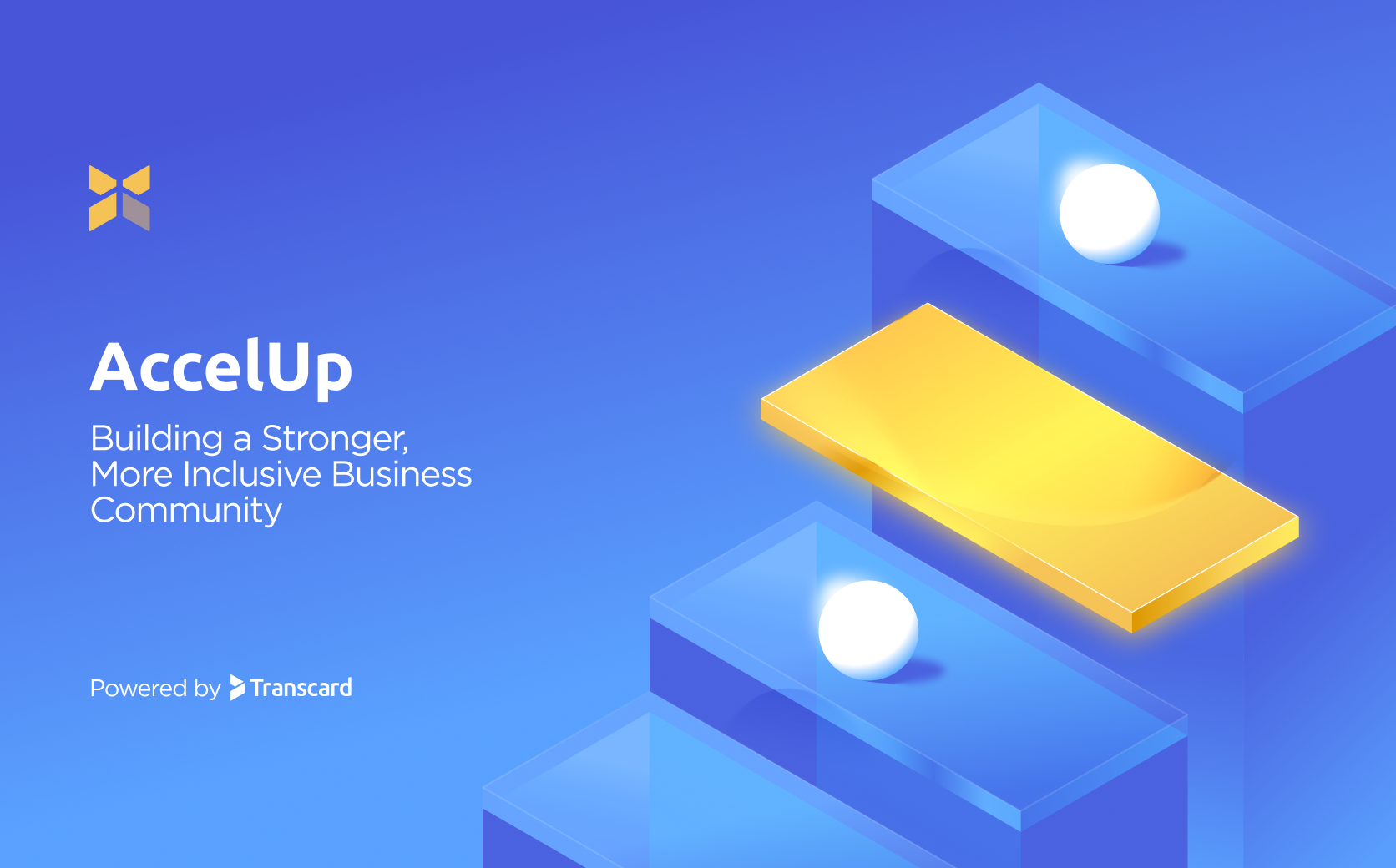Imagine if innovative financial services products could be built using plug and play applications.
That is the promise of Banking-as-a-Service (BaaS).
A BaaS platform enables fintechs and other third parties – as well as banks and credit unions – to connect with licensed and regulated banking back-ends via Application Programming Interfaces (APIs) so they can build financial services applications. In some cases, the banking back-ends are provided by fintechs that offer a BaaS platform and deliver core banking services at the same time.
With a BaaS platform, fintechs can focus their own unique functionality while leveraging hardened core banking services that are easily accessed through APIs. This is a game-changer for fintechs.
9 Ways Fintechs Benefit from a Best-in-Class BaaS Platform
Faster Time-to-Market
There is a seemingly insatiable appetite for new payments solutions. And the shift to remote working environments has accelerated the push towards digitization. Leveraging core banking capabilities and infrastructure enables fintechs to quickly fill out their technology stack and bring a finished product to market in a small fraction of the time of ground-up development projects.
For instance, a BaaS platform makes it easy to create applications where multiple cards pull from a single account (e.g. expense management) or applications that require customer accounts. The less time a fintech spends learning the intricacies of core banking is more time that they can spend on the things they know best.
Innovation
The financial services space is changing fast. A BaaS platform enables functionality that is not possible with a traditional core banking for pre-paid card platform.
Cash Preservation
Accessing core banking capabilities through BaaS enables investor-backed fintechs to focus more of their cash on sales and marketing, instead of development.
Better Data Accessibility
The financial services market is entering an era where consumers expect shared data. BaaS makes it possible for fintechs to create better experiences through data aggregation and without having to navigate complex legacy core processing systems. BaaS helps fintechs deliver the easy-to-use, multichannel solutions that customers want.
Generate New Revenue
E-wallets and other financial services applications can activate new revenue streams and substantially increase the margin on established customer relationships. Additionally, financial applications are often the quickest way to generate new revenue.
Win New Customers
Customers expect more from their financial services experiences. This is especially true of millennials. BaaS makes it possible for fintechs and other third parties to put their efforts into developing a killer application frontend while leveraging existing data and infrastructure on the bank-end to offer core banking capabilities. The new applications enabled by BaaS also deepen customer relationships and loyalty.
"Financial products that are deeply embedded in customer workflows make it harder to switch fintechs. BaaS platforms also make it easier for fintechs to develop solutions tailored to markets."
Fewer Regulatory and Legal Headaches
One of the biggest benefits of leveraging an existing core banking infrastructure is that it removes major regulatory and legal obstacles that can delay the introduction of products as well as tedious regulatory administration.
Levels the Playing Field
From a startup with a few developers to a global brand looking to expand its product suite, BaaS provides the core banking functionality a fintech needs to create game-changing payments solutions and stand out in a crowded marketspace.
Greater Scalability
It can be hard to adapt legacy systems to support fast growth. BaaS relieves this pressure with a highly adaptable platform that changes with a fintech’s needs and does not have the overhead of traditional bank platforms. For example, a BaaS platform makes it easy for a fintech to issue thousands of accounts for a specific purpose.
BaaS does more than make it possible for fintechs to deliver core banking capabilities.
BaaS also makes it fast, cost-effective, and less risky.




